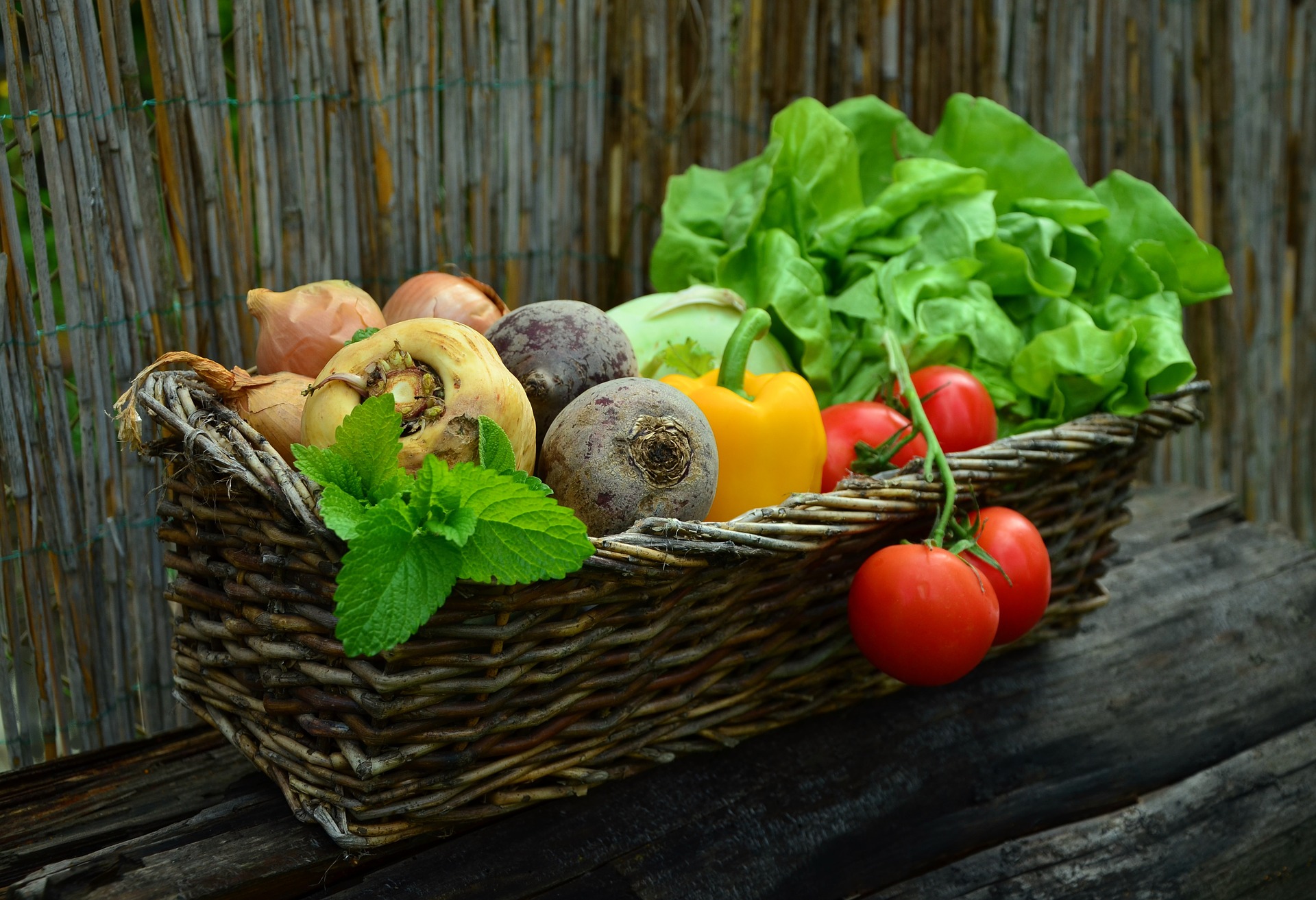
06 Jun Is the “organic” hype really true?
The conversations I hear about the topic of “organic foods” have been many. They often go something like this:
“I can’t taste the difference between organic and commercial foods, so I just buy the regular kind”
“Organic is so expensive… I just buy conventional foods. I can’t afford to buy organic for my whole family”
“There really isn’t any difference buying organic anyway. It’s just all B.S. and a marketing scheme”
what does organic mean
- Foods that are grown and harvested without the use of synthetic pesticides, insecticides, fertilizers, and genetically modified organisms (GMO’s).
- Meats & poultry that are raised without the use growth hormones, antibiotics, and a fed an organic diet free from GMO’s.
- Organic farmers must follow strict guidelines in order to be certified as organic.
The certification process is a costly and lengthy process. In Canada and the U.S., farmers must be free of chemicals for 3 years in order to be certified. Other countries must wait as long as 10 years.
What’s the difference between organic & conventional?
- By eating organic you will be avoiding a slew of chemicals that are sprayed on conventional produce or fed to conventionally raised animals, reducing your overall toxic burden (protecting your endocrine system, brain function, metabolism, cognition and nervous system).
- Organic foods generally taste better, have more flavour and higher nutritional value because they are often vine ripened. When fruit is allowed to ripen on the vine, it has time to develop antioxidants and polyphenols.
- Conventionally grown produce is usually picked before it is ripe and then chemically gassed so that the colour develops, making it look ripe without the fruit or vegetable actually being ripe.
- Organic foods are more nutrient dense. The foods that we eat are only as good as the soil it is was grown in. Organic farmers practice crop rotation allowing the soil to replenish and remineralize instead of conventional farming practices that grow the same crop in the same place for many years depleting the soil of certain nutrients.
- Conventionally raised farm animals are given antibiotics to prevent disease due to their living conditions. They are often fed a GMO diet of grains and given hormones to help them grow faster, to be slaughtered sooner which lowers the cost of raising them and increasing farmers profits.
- Organic famers are prohibited from giving their farm animals antibiotics or hormones and feeding them a genetically modified diet.
When to choose organic
Foods with an organic label are not by default healthy. You can eat only organic food and still be eating a very unhealthy diet if it’s the wrong food such as packaged and junk foods. Do not be tricked into buying junk food because it is labelled “organic”.
The vast majority of your shopping list should be organic vegetables, fruits, nuts, seeds, whole grains, lean meats and poultry.
Some conventional foods have lower pesticide residues than others that you can get away with buying conventionally. Download PURE’s Shopping (Organic/GMO) Guide here or visit Environmental Working Group to get this year’s Dirty Dozen list.
I always encourage my clients to buy organic when it comes to meat, poultry, dairy and oils because pesticides have the tendency to concentrate in fat.
You may also notice that some farmers practice organic farming methods but because of costs, they do not have the actual certification. If you’re shopping at a market, always ask how the food was grown or raised. Often you will find without the “certified organic” label the cost of organic foods can be much cheaper.
Buying all organic can get very expensive and isn’t always necessary. Refer to our Organic/GMO Shopping Guide to help you choose when to buy organic.
I’m curious to know… where do you buy your organics?

No Comments